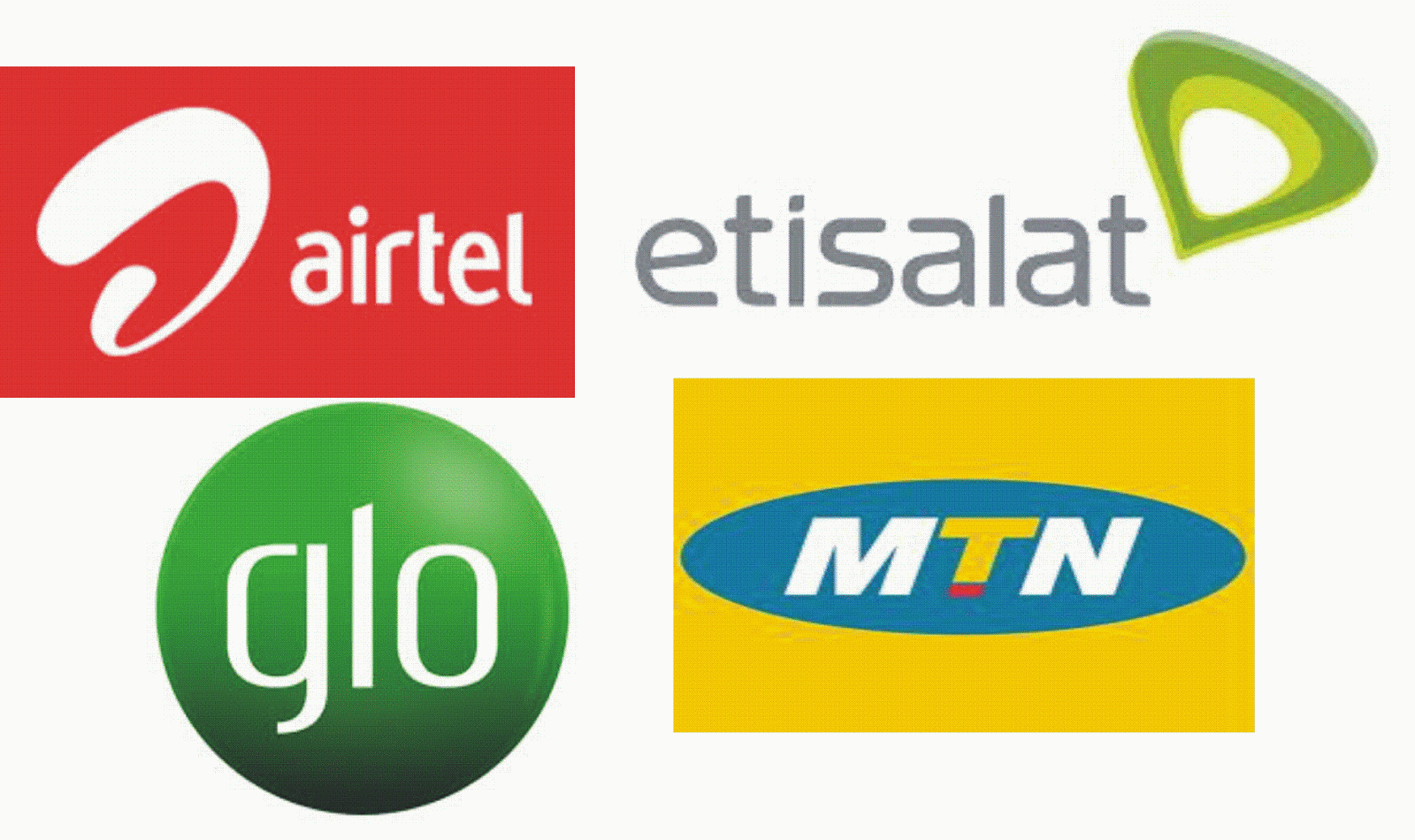Nigeria Telecom Revenue Forecast

With a population close to 150 million people, Nigeria is one of Africa’s largest telecom markets, surpassing South Africa in terms of mobile subscribers in 2008. Considering its low fixed, mobile and Internet penetration it still boasts significant growth potential.
In 2008, it accounted for 19.6 per cent of the population of the whole region. Therefore, although it added more Internet users than Kenya, Nigeria reached a lower Internet user penetration in 2008 (7.3 compared to 8.7 percent).
Nigeria’s telecom revenue increased by 29.9% to US$8.4 billion at the end of 2008(info by Hot Telecom), and ‘if the current growth trend continues, the country’s telecom revenue should have surpassed US$20.0 billion in 2015.
Nigeria’s fixed sector suffered greatly from the lack of competition as well as fixed to mobile substitution over the last 2 years. The number of fixed lines decreased by 17.3% in 2008 to reach 1.3 million and a penetration of 0.9%. In the first six months of 2009 however the situation improved considerably, with the number of fixed lines increasing by 9.8% to 1.4 million. The sector’s development is almost solely generated by the 15 PTOs which offer the service mostly over their fixed-wireless networks. With the increase of competition, it is expected that the number of fixed lines will increase by and average of 17.4% over the next 5 years, to reach 2.9 million and a penetration rate of 1.7% at the end of 2013.
Nigeria has clearly outpaced South Africa to emerge as the largest mobile telecom market in Africa. It had over 70 million mobile subscribers by mid- 2009, representing a penetration rate of 44.3%. Mobile connections have soared at an average growth rate of 89.4% over the past 5 years and now represent 97.9% of all telephone lines in the country. The average growth in terms of subscribers is expected to slow to an average rate of 8.8% over the next 5 years, brining the number of mobile customers to 95.8 million at the end of 2013. This trend should, as a result, trigger more intense competition among the growing array of network operators. The mobile sector is currently covered by 5 GSM operators and 4 CDMA providers.
At the end of 2008, there were 11.0 million Internet users and an estimated 1.8 million Internet subscribers. Internet users per 100 inhabitants reached 6.8 per cent in 2007, and mobile broadband became available, yet with a negligible penetration (0.1 per cent). The advent of competition in the form of PTOs as well as the introduction of wireless Internet has significantly stimulated the sector over the last 5 years. Nevertheless, with a penetration as low as 1.3%, there is ample space for growth in this sector. However, fixed broadband penetration was nil in 2007, and the growth in Internet users did not correspond to an equal growth in international Internet bandwidth, which made the ratio of international Internet bandwidth per Internet user decrease. The number of Internet subscribers is forecasted to grow by an average of 10.6% over the next 5 years to reach 3.0 million and a penetration of 1.8% at the end of 2013. The number of Internet users is also expected to have reached 18.2 million at that time.
Very little data is available when it comes to Nigeria’s broadband market, however we estimate the number of broadband customers to have surpassed 250,000 at the end of 2008, representing 13.6% of the country’s Internet connections. With the increased popularity of mobile broadband however, this ratio should have increase to 100.0% by the end of 2013, with all dial-up accounts having been completely replaced by broadband.
While Nigeria’s mobile cellular sector has shown outstanding growth recently, sustaining this level of growth in the future may prove difficult. Additional subscriptions and use of ICT services will come from lower-income segments of the population, typically including people in rural and remote areas. This segment is harder for operators to address, because the costs of infrastructure provision are high. These customers are also highly sensitive to pricing and small price changes can have a significant impact.
Some policy challenges to be faced in Africa to push mobile cellular uptake and development, mobile broadband penetration and ultimately increase revenue include: regulation to enhance competition and develop mobile broadband, roaming agreements and taxation.
Major excerpts culled from www.hottelecomnews.com and ITU databank
The information contained in this publication is only intended as a
general review of the subject concerned and should not be treated
as a substitute for specific advice concerning specific situations.
If you need further information about any issue discussed above,
please contact Ademola Alade at demola@delayus.net
DELAYUS NIGERIA LIMITED
N6/811 Oyo Road, Opp U.I. Main Gate, Ibadan
Phone: +234-1-8221835
http: //www.delayus.net
E-mail: enquiry@ delayus.net
